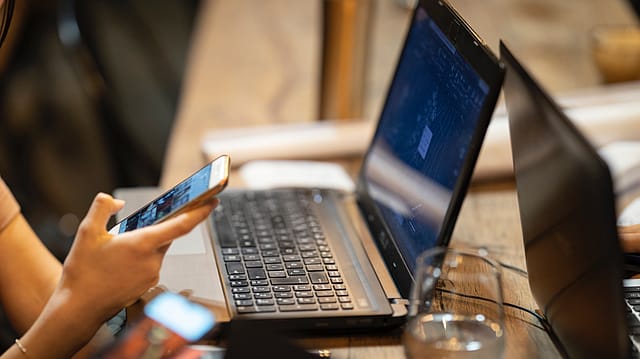Understanding the consumer and business post Covid-19
ADVERTISEMENT

Almost six months into the year 2020 and we are seeing something that none of us would have imagined. The new normal as we know, is here. In fact, the term ‘new normal’ has an interesting history. The term was for the first time used in 2002 by Vicki Taylor in a book called The New Normal: How FDNY Firefighters are Rising to the Challenge of Life After September 11, where an account of how the lives of the heroic first responders was altered after the 9/11 attacks and how they were adapting to it. Later, in 2003, Roger McNamee, a well-known musician and venture capitalist, used the phrase to describe an environment in which possibilities would present themselves to those willing to play by the new rules for the long term.
In the current context of the pandemic that the world is grappling with, let me cite a few examples of how brands have caught the pulse of the current situation to adapt to this new normal. From high street fashion brands to leading Indian designers—all have started making masks to meet the new consumer need. At another level, auto OEMs have switched to making ventilators. Leading skincare brands such as Nivea to distillers such as Diageo are adapting to the new business needs to cater to the growing demand for sanitisers.
This is the new normal. Something that none of us imagined. Even the creator of the term new normal perhaps did not foresee this. It is an unprecedented moment in time, one that will fundamentally challenge and change social norms which in turn will reshape consumption patterns drastically.
As, businesses across the world grapple with this reality, the most critical and relevant question today is: How will the consumer evolve post-Covid-19?’
Although it is difficult to precisely foresee how the new normal customer will behave, but a little bit of crystal ball gazing is as below:
(i) New norms being created: According to data released by the telecom ministry, India’s internet consumption increased by 13% since the nationwide lockdown. The lockdown has led to a surge in online consumption of content, learning and everything that one could do while staying at home.
(ii) Vigilant spending power: There are economic consequences that are unimaginable even as we are in the midst of this pandemic. The aftereffects will be disastrous, as per experts of one of the worst crises to have ever hit the world. Consumers are restrained in spending their money, and this will continue in the coming few months too. A global survey by McKinsey & Company analyses how consumers are reining in their spending. Wellness spending today has assumed epic proportions as health and hygiene spending has gone up even as discretionary spending is likely to be in the troughs.
(iii) Hygiene and health caution: From increased awareness about essential needs to understanding the importance of sanitisation, personal safety or wellbeing, consumers in the post-lockdown world will think twice before stepping out of the home. According to a report by Research and Markets, there is an increasing demand for door-to-door contactless services. From contactless payments to contactless dining and delivery will not only help attract more consumers but also be possible with a smaller number of resources.
The major takeaway is that businesses need to change the way they operate. From production to marketing and selling to delivering the product to the customer, assurance of product and delivery safety will be vital. It is vital to understand the changed consumer behaviour, and offer solutions to these changed needs.
Focussing on three key things will help businesses thrive in the post-Covid world:
(i) Creativity and innovation will be key to businesses for survival. From re-evaluating expenses to finding newer ways of functioning, businesses will need to cater to evolved consumer demand. This has led to new product category creation like vegetable cleaners—something that did not exist earlier. For example, taking the store to the customer when he/she can’t reach the outlet.
(ii) Establishing trust will be more vital than ever before. With fear, insecurity, and mistrust lurking around almost everywhere, businesses need to be transparent and genuine. Facebook and GiveIndia’s fundraising concert to support those hit by Covid in the country, and Nike’s campaign that encouraged people to ‘play inside’ are stellar examples of brands that have aligned to the need of the hour and demonstrated empathy, which has witnessed consumer love. Authenticity is what will define purpose, and consumers will recognise and reward genuine action behind that. Brands need to seize that opportunity.
(iii) Consumers will take time to adjust to the “new normal”. Businesses have to appreciate this and be patient for consumers to open their doors again. There may be merit in reminding consumers about the brand values, and why they chose the brands in the first place. Minecraft is a great example to my mind here; it is offering a host of educational content with its Education edition, which includes downloadable lessons on different subjects. It’s about reinforcing the promise of the brand.
In a nutshell, the consumer will take time to adjust to the “new normal”. Brands that keep a close eye, take that extra step to understand the “new consumer”, and innovate to deliver to this new expectation, will emerge stronger and resilient. It’s time to put purpose before profit, the demand for the new normal era.
Views are personal. The author is director, brand strategy, at vivo India.